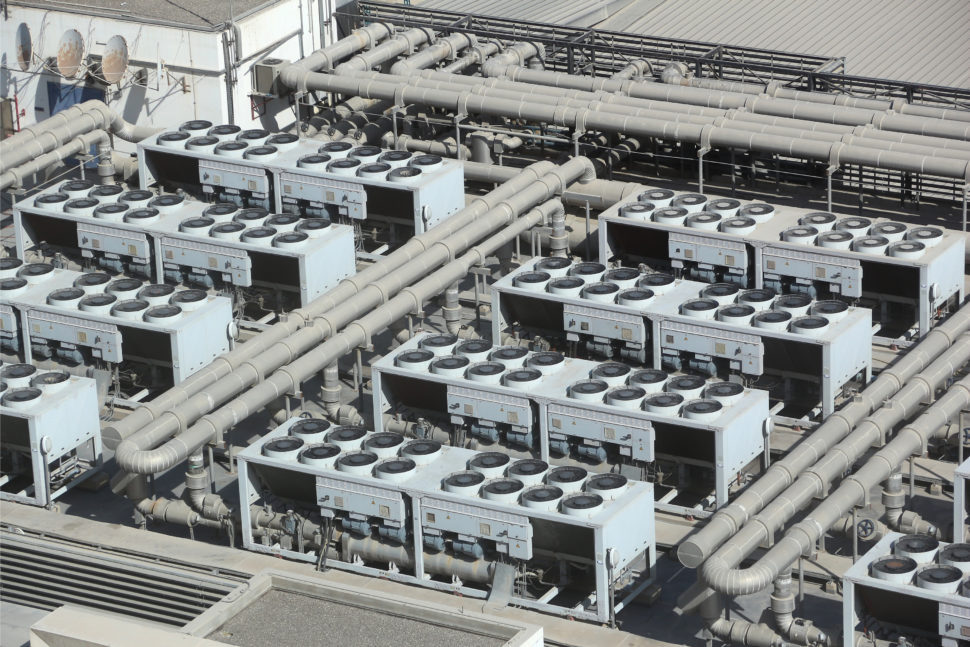A team of international researchers has developed a smarter way to predict energy consumption in buildings.
Researchers have always found it challenging to predict how buildings use energy precisely. And that’s because several environmental factors like outdoor temperature, humidity, day of the week, and special events influence how we use energy.
While these environmental parameters may help predict energy consumption, their use is somewhat limited. For example, two identical buildings may exist in a similar setting, and their energy consumption could vary based on how the occupants use the premises.
Even under the same temperature, one building’s HVAC system will eventually use more energy if it hosts an event.
An assistant professor in the Department of Electrical Engineering at the University of Hail‘s Engineering College in Saudi Arabia, Abdulaziz Almalaq explained:
“Prediction using a large number of a building’s operational parameters, such as room temperature, major appliances and heating, ventilation, and air-conditioning (HVAC) system parameters, is quite a complicated problem, compared with prediction using only historical data.”
Almalaq and other researchers from the United States and China soon devised a solution.
Using Hybrid Deep Learning to Predict Energy Consumption
The researchers developed a smarter way to predict energy use through hybrid deep learning algorithms.
The method also involves artificial systems, computational experiments, and parallel computing based on complex, but generic systems. In a test that included real buildings, the team noted that their method improved energy management significantly.
Author of the study, Almalaq noted:
“The analysis performed in this paper showed that the hybrid deep learning model is a powerful artificial intelligence tool for modeling multivariable complex systems.”
Smart buildings are becoming popular today. So, an accurate prediction of external and internal conditions is necessary to improve energy efficiency and management.
The team pointed out that their method has the potential to be applied in various areas. These include smart homes, smart offices, and smart cities.
They published their findings in the IEEE/CAA Journal of Automatica Sinica.



















Comments (0)
Most Recent